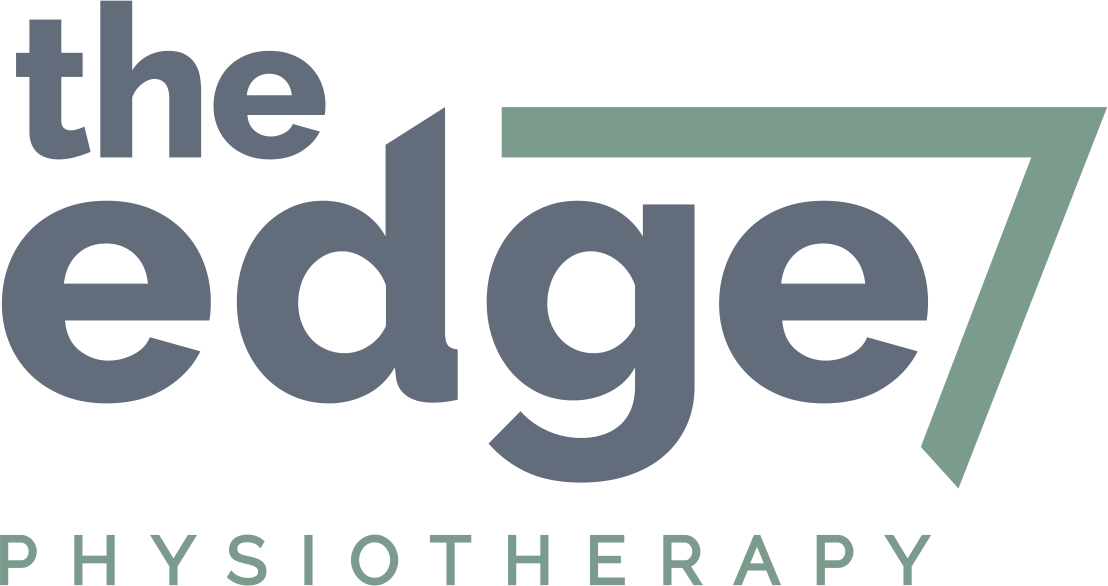Clumsiness…Developmental Coordination Disorder
Clumsy? does your child run into walls, trip often, maybe their run is a little off perhaps less synchronised? Have you considered that there may be more to this than there seems? Developmental Coordination Disorder (DCD) is defined as a motor skill disorder affecting academics, daily activities and the ability to perform essential motor skills like throwing a ball or self care tasks like brushing their hair. In Australia DCD affects as many as 1/20. DCD is not something that children outgrow and is not associated with Developmental Delay, visual impairments or other neurological conditions. These are the patients that go under the radar and later in life may have troubles learning how to read and write, who don’t end up getting their licence or stay clear of tasks that require new skill acquisition. They also represent a large cohort of patients with mental health problems as you can imagine.
DCD is a working diagnosis and can take time to identify by observing children at school, in the home, and in conjunction with a standard examination by a physiotherapist, OT, Speech Therapist, Paediatrician or GP. There are no diagnostic tests such as blood tests or scans to be done.
Some things you may notice include:
clumsy movements
poor balance and coordination
inability to perform self care tasks such as brushing hair
troubles with mental health such as anxiety and depression, seen more so at school at first
academic performance at school is diminished
troubles learning new motor skills such as tying shoe laces, creative activities like arts and crafts, and later on in life, learning to drive a car
difficulties learning hand-writing, requiring lots of repetition, volume will be small and lacks refinement, and it will take them longer to write something
will fatigue easily especially with sitting posture
The first time I encountered DCD was in private practice as a paediatric physiotherapist in Bowral. A young patient who presented as having problems with balance and coordination, and especially learning new tasks such as brushing her hair and putting it in a pony tail, and the ability to use a knife and fork with ease. This particular patient had been going under the radar for sometime before she saw a paediatrician who knew to send her to me. When we sat down together I asked her what she wanted to be able to do, both her and her mother replied “Brush my/her hair”. I tried to remember how I first learnt to do my own hair. Did I watch my mother brush my hair and copy her? maybe it was my sister? did we talk about it? I couldn’t remember but at some point in my development my nervous system, using all the information it could including vision, movement and sound, laid down the neural pathways that created the highway of that skill which has stayed with me to this day. (This is a very simple explanation of a process that is really complicated, so you can appreciate this example).
Patients with DCD can learn the skills they need to live happy independent lives, but the first step is a diagnosis. From this point you need to find a physiotherapist such as myself who is familiar with this condition and how it is managed, touch base with your GP or paediatrician, and other allied health as needed (including an Occupational Therapist) and of course your child’s school. These avenues are about giving you and your child the best opportunities to thrive now and in the future. We are here for you.
If you’d like to know more about DCD feel free to reach out to us via our social media platforms.
Sam

